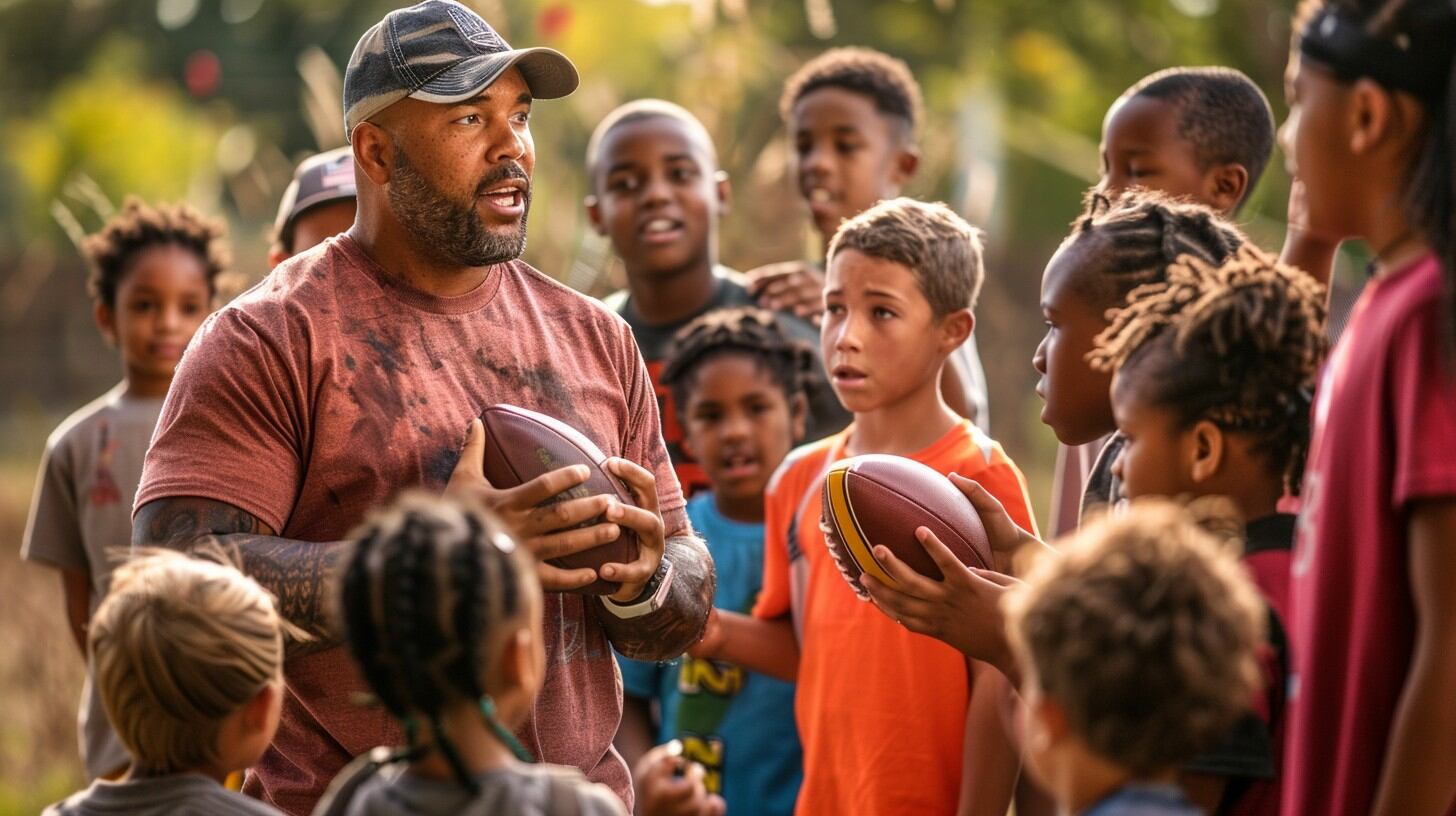The Influence of Sports on Youth Development and Education
Indeed, it is correct to claim that sports are fundamentally important in the overall progress of the youth by emphasizing upon their the physical as well as the mental aspects of development. Apart from the evident advantages of proper body development, being active in sports also helps to fulfill the basic requirements of the society, boosts educational performance and assists in the development of responsible and well mannered, disciplined citizens.
Physical and Mental Health Benefits
The engagement in sports activities has as its most direct advantage improved health through exercise. Regular physical activity enables the youth to be within the specified healthy weight, have well developed muscles and bones as well as heart health. It also reduces the risk of getting chronic diseases such as obesity, diabetes, and heart disease in future.
Nevertheless, the impacts of engaging in physical activities such as sparking need not strictly be pursued for sporting purposes alone, quite the opposite. When a person is engaged in exercise, there is a significant increase in his or her state of being mentally well. During engaging in physical activities, endorphins are released which assist in fighting stress, anxiety, and depression. Moreover, as youths accomplish individual objectives and get over obstacles, their self-esteem and trust increases.
Development of Social and Life Skills
Considered as one of the many developmental stages in life, social life emerges among other things, through interaction with sports and games: structured or unstructured, as well as through involvement in ball games at various ages and at different stages of development. Individual sports, and more particularly team sports, provide to youth the opportunity of learning socially desirable behaviors such as how to interact, negotiate, and compromise for the common success of everyone in the team.
Depersonalised leadership emerges from the field. Captains, team leaders, and even ordinary players are taught by the game how to encourage the others, to plan, and to arbitrate. There are also good lessons for those without leadership experience in such concepts as individual accountability since every player has to be responsible for his performance and contribution to the outcome.
Another area that is positively influenced and where proficiency is gained is discipline. To be successful, athletes are bound by structures and boundaries in training and competition that allow them succeed, and as a result encourage their academic attributes as well. This in-built discipline oftentimes is carried over into the work environment, where the young develop a positive work attitude and regard for the management of time.
What Is The Impact of Academic Performance in Relation to Cognitive Growth
Different studies have shown that taking part in sports is likely to improve one’s academic performance despite the common belief that sports can make students lose focus in class. It is obvious that an active body is most likely to have exercised the brain hence having a better memory and concentration giving good results in class. Sports also instills self-discipline in students and the ability to manage time more efficiently so as to create room for study.
Moreover, most students take sport as part of their daily activities so they serve to stimulate which might in turn reflect in their academic performance. For some students, good performance in sports gives them opportunities to get scholarships and take part in higher education, thus, making sports part of their academics.
What Are The Main Societal Values that Are Being Promoted Through Sports Programs
Young athletes are shaped and molded through sports. They teach young people endurance, restraint, and how to succeed and fail. Since playing competitive sports means winning and losing, what matters is, character is built when one reacts to these two emotions.
Sports in general instill the values of ethics and fair play. From the early age, young players are taught the significance of honesty, integrity, respect for rivals, officials and the game’s laws. Other lessons of sportsmanship foster responsible citizens with high moral standards that they practice in their daily lives.
Community Engagement and Cultural Understanding
Building community and fostering crossing cultural aspects can also be done through sports. Most local sports teams unite the adolescents who come from different ethnic communities and create a sense of togetherness. Most youths who are exposed to other cultures begin to eliminate some of the biases they harbored and become more accepting of others.
Furthermore, sports events and activities also enables the youth to engage in the community through volunteering, and community services which then reinforces the sense of teamwork, responsibility and active citizenship.
Conclusion
The impact of sports on the development and education of youth is extreme. It's not just about the development of the human body; sports also rain social skills, discipline, scholarship and character and ethical conduct. Given the fact that society is shifting to a more inclusive view of education, the need to incorporate sports into the lives of the youth is scaling up. Convincing youth to take up sports does not only benefit the individuals but also enhances the growth of strong, healthier societies.
Explore: The Impact of Sports on Mental Health and Well-being



















